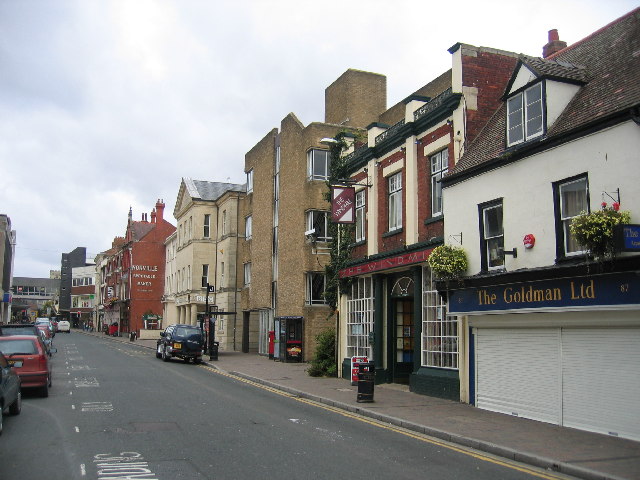
Barton Street, located in the small city of Gloucester in the United Kingdom, is a prime example of a diverse and multicultural community. With over 70 languages spoken by residents from
various ethnic groups, this street is a testament to the inclusivity and acceptance of different cultures in modern-day Britain.
Although the street was originally home to the Jewish community, over the centuries, it has welcomed an influx of people from different backgrounds, including those from Muslim and Eastern European families. The street is now a hub of diversity, with the minaret of Jana Mosque towering over the road filled with grocery shops, hairdressers, and restaurants serving the many different communities that call the area home.
The Barton Best Foods shop, owned by Kumar Subramanian's brother, is one of the many stores that cater to the multicultural population. Kumar, who hails from Sri Lanka and speaks Sinhala and English, manages the shop along with his colleague Farisa Salih from Sudan. They sell a wide range of products that appeal to everyone, including fresh herbs, rice, jams, American breakfast cereals, labneh, and kefir.
Kumar, who left Sri Lanka ten years ago and travelled through Europe to reach the UK in 2018, has been managing the shop since January 2021. He describes his life on Barton Street as "a very happy place" and says that all his customers are his friends. Farisa, who likes living in Gloucester due to its large Sudanese community, agrees that the social life on the street is attractive.
Apart from the food stores, other businesses along Barton Street reflect the street's multiculturalism. For example, the street has a Methodist Church, Afro-Caribbean Mr B's Hair Products, and buildings that were once old-fashioned English pubs but are now vibrant international supermarkets. Residents and visitors can experience a range of cultures by visiting these establishments.
Barton Street's multiculturalism has resulted in a close-knit community where people meet and interact on the street. Farisa notes that he likes living on the street because of the Sudanese community but also because of the variety of other people. Kumar adds that people come from Bristol and London to set up shops and that there is a big Sri Lankan community in Gloucester.
In conclusion, Barton Street is a shining example of how diversity can enhance and strengthen communities. The street's residents from different backgrounds coexist peacefully and thrive by sharing their cultures, food, and traditions. It is a testament to the power of inclusivity and acceptance in building a vibrant and harmonious society. As Farisa and Kumar recommend, anyone who wishes to experience multiculturalism and inclusivity should visit Barton Street and consider living in Gloucester. Photo by David Stowell, Wikimedia commons.


































